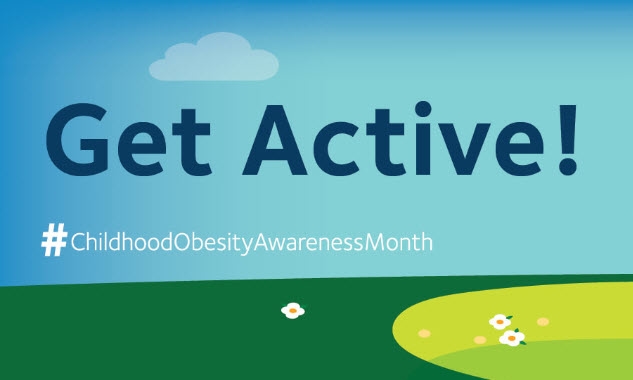Everything you need to know about vaccines
Aug 19, 2019

Your immune system is your body’s police force. But even the toughest immune system needs reinforcements, especially against particularly virulent diseases.
That’s where the brilliance of vaccines comes into play. Vaccines have saved millions of lives by squelching countless cases of disease before they became a real danger.
But just how do vaccines work? We’ll answer that and tell you everything else you and your family needs to know about vaccines.
Bolstering the body’s defense
The immune system produces proteins, called antibodies, to fight invading germs, called antigens. Once the battle is won, the immune system will recognize and fight the disease germs again should they ever return to mount another offense.
Vaccines help your body develop immunity to a disease before a real, full-blown infection takes hold. They contain killed or weakened forms of an antigen, so the exposure to them can’t cause serious illness.
The body, however, responds to the vaccine’s weakened antigen as if it were a real infection. It puts the invader in its memory bank in case of future exposures, thereby safely building immunity. Down the road, if the body is exposed to the antigen, the immune system will quickly respond in time to prevent illness from taking hold.
This is why vaccines must be given on time—so the body can build immunity before you or your child are exposed to the actual antigen.
Vaccines are a success story
Many serious, even life-threatening diseases are no longer common in the U.S. thanks to vaccines. Smallpox, polio and diphtheria are some examples. But since some diseases aren’t that common anymore, why do we still need vaccines for them?
The short answer is, the diseases we’ve suppressed with vaccines haven’t gone away. Outbreaks still occur. If people lack vaccine protection, these diseases may mount a comeback. Measles is a recent example.
What vaccines do you and your family need?
The answer depends on things like your age and other risk factors. Your healthcare provider can help you find out which vaccines are needed. Here are some recommendations:
Babies and younger children.Infants and toddlers need a lot of shots before their second birthday, including:
- Chickenpox (varicella) vaccine.
- Diphtheria, tetanus and pertussis (DTaP) vaccine. This protects against diphtheria, tetanus (lockjaw) and pertussis (whooping cough).
- Hepatitis A and B vaccines.
- Measles, mumps and rubella (MMR) vaccine.
- Pneumococcal vaccine.
- Polio vaccine.
- Rotavirus vaccine.
Children ages 4 to 6 years. Children in this age group may need chickenpox, DTaP, MMR and polio vaccines.
Preteens and teens.Over time, vaccine protection fades. So older children and teens may need extended protection, as well as first-time shots to prevent other diseases before they may be exposed to them. For example, kids this age may need the following vaccines:
- Human papillomavirus (HPV), which helps protect boys and girls from infections that can cause certain cancers when they grow up.
- Tetanus, diphtheria and pertussis (Tdap).
- Meningitis.
Adults. Adults may need tetanus boosters, pneumonia shots, shingles vaccines and more. In addition, certain vaccinations are recommended before and during pregnancy.Learn more about vaccines for adults.
And don’t forget: Everyone 6 months and older needs a flu shot every year.
It’s natural for parents to ask questions about vaccines—including whether they are safe. Despite what you may have heard or seen on the news or on the internet, vaccines are very safe. They receive rigorous testing to make sure they’re safe and effective.
All vaccines can have side effects. They’re usually mild, like a sore arm or a mild fever.
Get the facts about the measles vaccine
Don’t fall for measles myths.Learn the truthabout this vaccine-preventable disease, which is trying for a comeback in the U.S.


